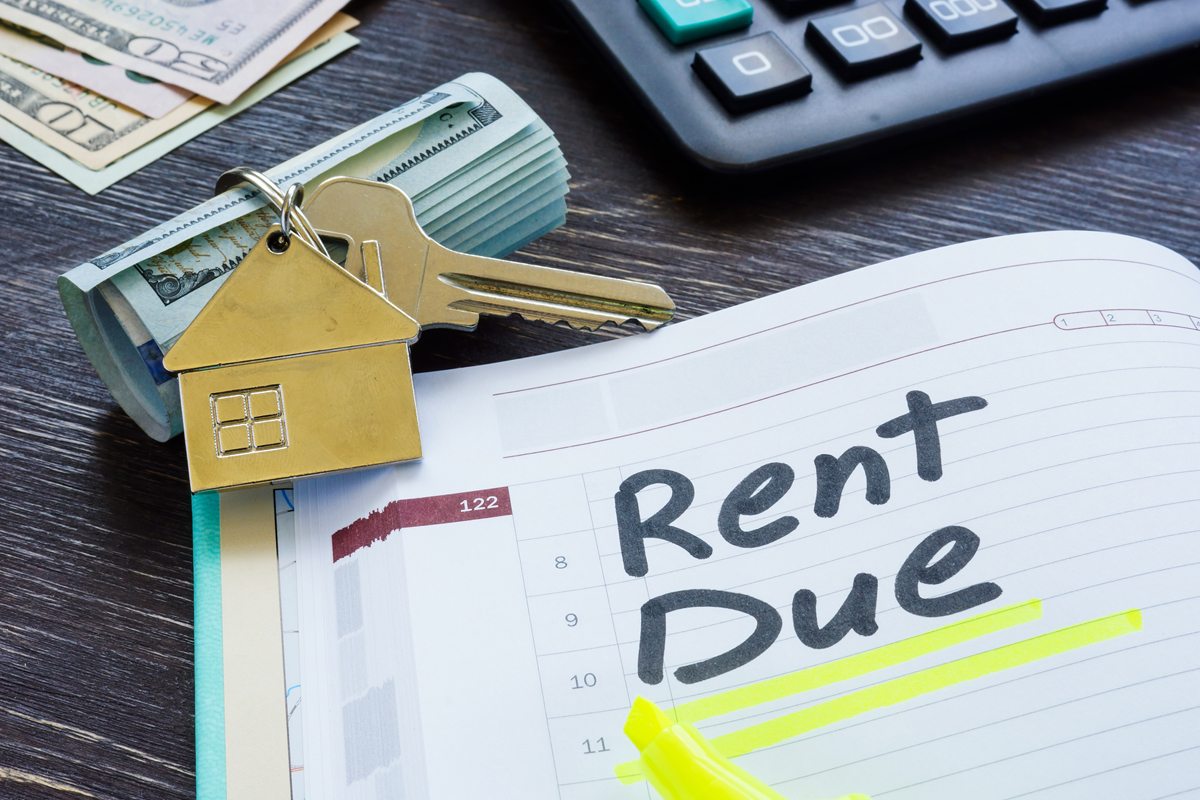
Homeownership Benefits and Financial Stability through Real Estate
Back in 2002, right after I got my real estate license, I was in a class at Prudential California Realty, a prominent real estate company at that time. The broker who was teaching us held up a newspaper and shared a story that really stuck with me. It was about Jo Bessell, a tenant who had lived in the same apartment in Newport Beach for over 30 years. She loved her community and felt at home there. However, her rent increase suddenly made the place unaffordable, as she was already on a tight budget with her fixed income. This story highlighted the rental market volatility and showed me how unstable renting can be, especially when you can't keep up with rising costs. It made me realize just how vital homeownership benefits are, as owning a home provides stable and predictable costs each month.
With the cost of rent soaring in 2024, I want to discuss why selling real estate involves more than just completing “a deal”—it's a crucial service that empowers individuals to secure financial stability through real estate and reduce living-related stress.
The Growing Financial Burden of Housing
The affordability of housing in the United States has increasingly become a pressing issue, not just for renters but even for homeowners. A recent report from Harvard University's Joint Center for Housing Studies illuminates this growing housing affordability crisis, revealing troubling trends that have escalated, particularly in the wake of the pandemic.
The Harvard study points out a concerning truth: almost one in four homeowners now spend an alarmingly large part of their income on housing. This means a significant number of people are struggling with housing costs that stretch their budgets to the breaking point. For renters, the situation is even worse. The report shows that for many years, rents have been increasing faster than incomes. This issue became even more severe during the pandemic, leading to what the study calls an “unprecedented affordability crisis.”
Specifically, the number of renters dedicating more than half of their household income to housing and utilities spiked dramatically. In 2022, this figure reached a record high of 12.1 million people, an increase of 1.5 million from pre-pandemic levels. This excessive financial burden places these households in a precarious position, highly vulnerable to becoming unhoused in the face of any unforeseen financial turmoil, such as an unexpected medical bill, a sudden loss of employment, or even something as small as a new set of tires on the family car.
The Benefits of Homeownership
Owning a home is more than just having a roof over your head; it's a long-term investment with numerous financial and personal advantages. One of the most significant benefits is the stability offered by fixed-rate mortgages. Unlike renting, where monthly payments fluctuate with market conditions, a fixed-rate mortgage provides predictable payments for the entire loan term. This predictability allows homeowners to budget effectively, knowing their housing costs won't suddenly increase.
Furthermore, owning a home can protect against inflation and increasing rents. As inflation decreases the value of the dollar, rent costs usually go up. However, homeowners, particularly those with fixed-rate mortgages, are shielded from these hikes. Their monthly payments and even property taxes basically stay fixed, while the value of their property generally goes up over time. This growth builds equity and increases wealth.
In addition to these financial benefits, homeownership offers other intangible advantages such as pride of ownership, a sense of community, and the freedom to personalize your living space. While the path to affordable homeownership may require careful planning and financial discipline, the long-term benefits make it a worthwhile goal for many.
Challenges Faced by Renters
Renters across the United States, especially in high-cost states like California, face many challenges that stem primarily from a volatile housing market. These challenges are particularly pronounced in urban areas like San Francisco and Los Angeles, where the California housing crisis makes the cost of living far exceed national averages.

One interesting twist in California’s housing crisis is the unexpected role of high-income renters. Normally, you'd expect people with higher incomes to buy homes. However, due to a shortage of affordable homes and a highly competitive market, many well-off individuals continue to rent. Back in 1980, the average income of California renters was 13% higher than renters in other parts of the country. By 2022, this difference had grown to 40%. Now, one third of California’s renters make over $100,000 a year—twice as many as in the rest of the U.S. This surge of wealthy renters in the market pushes up rental prices, which ironically makes it tougher for lower-income renters to find affordable places to live.
The statistical data paints a stark picture of the affordability crisis. According to the latest U.S. Census Bureau's Pulse survey, an alarming number of households are financially overstretched by rent. Nearly a million California households are currently behind on their rent payments, and about 150,000 expect eviction could be imminent. This situation highlights the grim reality that, despite their best efforts, many lower-income renters find themselves perpetually one paycheck away from losing their homes.
Personal Reflections and Real Estate's Role
The story of Jo Bessell, which I encountered early in my career, has profoundly shaped my perspective on real estate. Jo's experience of being forced out of her long-term home due to an unaffordable rent increase highlighted the stark realities many renters face. This realization has instilled in me a deep sense of purpose and responsibility. As a real estate professional, we are not merely facilitating transactions but guiding individuals toward achieving stability and security through homeownership.
Real estate professionals play an indispensable role in helping clients negotiate the best real estate deal possible and navigate the complexities of the market. Our expertise and insight can demystify the often intimidating process of buying a home, providing clients with the knowledge they need to make informed decisions. More importantly, we can help them understand the long-term benefits of securing a fixed-rate mortgage, which offers predictable monthly expenses and protection against the volatility of rental markets. This stability is crucial for financial planning and peace of mind, enabling homeowners to invest in their futures without the looming threat of unexpected rent increases.
Beyond its financial asset role, owning a home can be a powerful tool for social good. Homeownership can anchor families within communities, fostering a sense of belonging and civic engagement. Evidence suggests it contributes to better educational outcome for children and provides a foundation for building generational wealth, particularly in underserved communities. We can help close the housing gap and address systemic inequalities by promoting policies that increase access to affordable homeownership.
The narrative of Jo Bessell remains a poignant reminder of why our work matters. It drives home the importance of advocating for policies that protect and empower renters and homeowners alike. As real estate professionals, we have the opportunity—and the obligation—to ensure that real estate's benefits extend beyond the individual, supporting broader social and economic stability. Through our efforts, we can help transform real estate into a cornerstone of a more equitable society.
As I’ve tried to communicate, the benefits of homeownership extend far beyond having a place to call your own. It's an investment in your future, a hedge against inflation, and a source of pride and belonging. Homeownership can be a life-changing decision for renters facing rising costs and uncertainty, providing a secure and stable foundation for their families.
Remember, real estate is more than just a transaction. It can be a cornerstone to a stable and prosperous life, a catalyst for personal growth, and a powerful tool for building stronger communities. By embracing the power of real estate, you can unlock a brighter future for yourself, your family, and your community—and your career as a real estate professional.
Love,
Kartik
California Real Estate License Delays: How to Pass DRE Education Verification Fast
Holiday Home Sales: A Hidden Opportunity for Agents
What Happens When the DRE Denies Your License (and How to Fight Back)
Out-of-State Agents: Transferring a Real Estate License to California
Understanding DRE Form RE 226: How to Verify Your Experience for a California Broker’s License

Founder, Adhi Schools
Kartik Subramaniam is the Founder and CEO of ADHI Real Estate Schools, a leader in real estate education throughout California. Holding a degree from Cal Poly University, Subramaniam brings a wealth of experience in real estate sales, property management, and investment transactions. He is the author of nine books on real estate and countless real estate articles. With a track record of successfully completing hundreds of real estate transactions, he has equipped countless professionals to thrive in the industry.